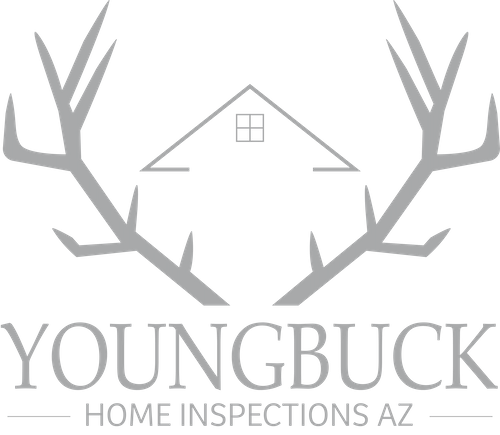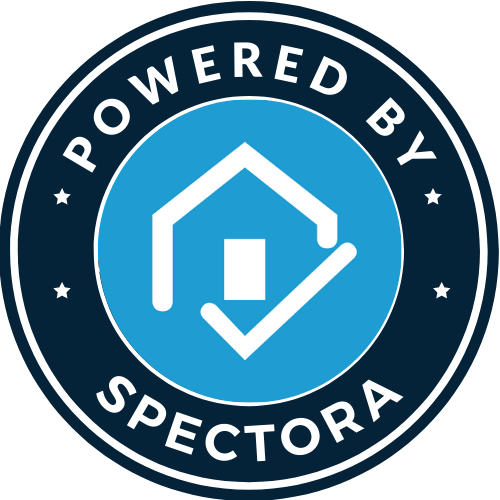Our Services
Our home inspections are performed with great care and attention to detail
Residential Inspections
We know that purchasing a home is one of the largest investments that you’ll make throughout your lifetime. With this in mind, we take care to note every detail possible during the inspection process.
Commercial Inspections
A commercial building inspection helps you identify potential problems before they become expensive repairs. It also gives you peace of mind knowing that your property is safe for tenants and visitors.
Termite Inspections
Getting a wood destroying insect (WDI) inspection will help you determine if there are pests in your home, and what the next steps will be.
Pool Inspections
We’ll inspect your pool thoroughly–from filters and pumps to plumbing and heaters–to identify any issues and provide appropriate recommendations.
Mold & Hazardous Material Sampling
From mold spores to asbestos, our comprehensive sampling and testing procedures provide you with accurate results and actionable recommendations.
Sewer scoping
Sewer scoping is the process of inspecting sewer pipes using cameras to identify issues like blockages, leaks, or damage.
Frequently Asked Questions
Buying or selling a home can be a stressful experience, but we’re here to ensure you know what to expect during your home inspection.
A home inspection includes checking for any structural issues such as foundation cracks, roof leaks, plumbing issues, electrical wiring, heating/cooling systems, insulation, windows, doors, chimneys, etc. Depending on how big the property is, a home inspection typically takes 2-3 hours.
Ensure all inspection points are free from clutter, including any closets that might lead to a crawlspace or attic, and clearing some space around your home’s perimeter. It’s also important to check the functionality of all built-in appliances, electric, and gas. If you don’t plan to attend the inspection, make sure your inspector has access to the home, and all pets are properly contained or moved.
A home doesn’t pass or fail an inspection. Instead, a home inspection is a thorough audit of your home’s components. In most cases, there will be concerns marked on your home inspection report, but these are strictly informative.
While you can legally skip a home inspection in many cases, doing so could mean you may end up buying a home that has major issues that need to be fixed.
While a home inspector may recommend some minor repairs, they are not qualified to make major repairs. He or she can provide information about what needs to be repaired — and it might be helpful to know that information — but the decision to actually do the work lies solely with the homeowner. Not only does this you the freedom to choose your contractors, but it also helps prevent a conflict of interest.


